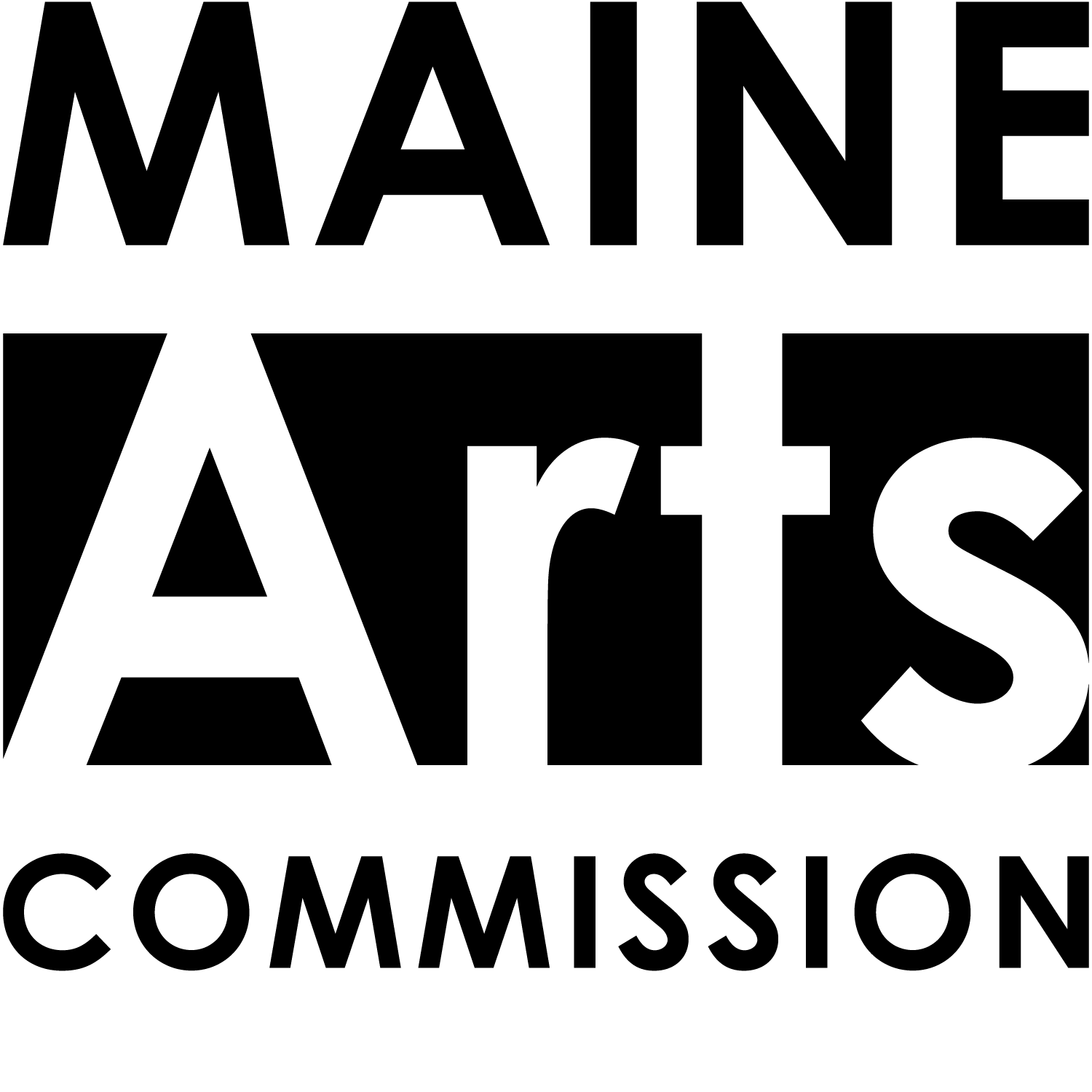
Everyone has a right to the arts!
Approximately 16% of Maine residents have some type or level of disability. The Maine Arts Commission works to ensure persons with disabilities have access to enjoy and participate in the arts. We work with arts venues to help them understand their obligations under the Americans With Disabilities Act and the Architectural Barriers Act; we work with venues to help them with outreach to disability communities, ensuring those communities are welcomed, and we work with them to ensure the best use is made of assistive listening devices and other technologies.More than anything else, the arts are about the spirit. Why do we sing, dance or paint? We do so when words are not enough, and the spirit takes over. It is the spirit that knows no walls, no curbs, no boundaries, and cannot be shackled. Understand that, and you understand why a woman dances in a wheelchair, a deaf man takes to the stage, and tells a story with his hands and his face, or a man with no sight sings the blues.
Four Reasons for Inclusion
Compelling reasons your arts organization should include artists and audiences with disabilities:
-
Untapped Audiences—Including the disability community can positively affect your bottom line. Make audiences with disabilities feel welcome, and word will spread among disabled communities that your organization is a place they can experience the arts and be part of the community.
-
Untapped Skills—Artists with disabilities have artistic skills that can enliven communities and problem-solving abilities that help enrich the offerings and increase the productivity of organizations.
-
Diverse perspectives—Artists and audiences with disabilities bring unique perspectives to your organization, both as artists and audiences. Seeing the world from a different angle can add meaning, power and value to enrich your organization's offerings.
-
It's the Law—The Americans With Disabilities Act requires public accommodations, including arts venues, to make reasonable accommodations for persons with disabilities.
Maine Arts Commission Grantee Responsibilities
Activities funded by Agency grants must be held in an accessible space. Accessibility related to programs as required by the Americans With Disabilities Act is also part of the grantee's compliance. Organizations applying must or more must also have a National Endowment for the Arts (NEA), Section 504 Self-Evaluation Workbook Plan or equivalent Assesement. The assessment should be maintained on file with your organization for a period of three years following receipt of funding.
As part of the application process, the applicant must sign an Assurances Form which commits the applicant to ADA compliance. Similar language is used as part of the grantee's signed Letter of Agreement, which enables payment of the award.
Additional Accessibility Resources
- A regional network of accessibility coordinators and programs are facilitated by the New England Foundation for the Arts (NEFA).
- Information about accessibility and universal design from the NEA. You'll find accessibility checklists that will help you assess your organization's ADA compliance.
- Click here to access a great resource for design guidelines for cultural workers.
- Click here for the State of Maine's Policy on Access for People with Disability's Grievance Procedure.

If you want info about Maine Arts Commission's current accessibility policies, what we are doing to advance our digital accessibility or need assistance to access the website content, grant guidelines or application, please contact our ADA Accessibility Coordinator, Eli Cabañas by email at vog.eniam@sanabac.ile or at 207.215-5872.
It is the policy of the Maine Arts Commission not to discriminate on the basis of disability, and the Commission is dedicated to making our programs accessible and inclusive for people with disabilities and assist individuals with disabilities in connecting them with resources for access to the arts. All programs funded by the Maine Arts Commission must also be accessible.
